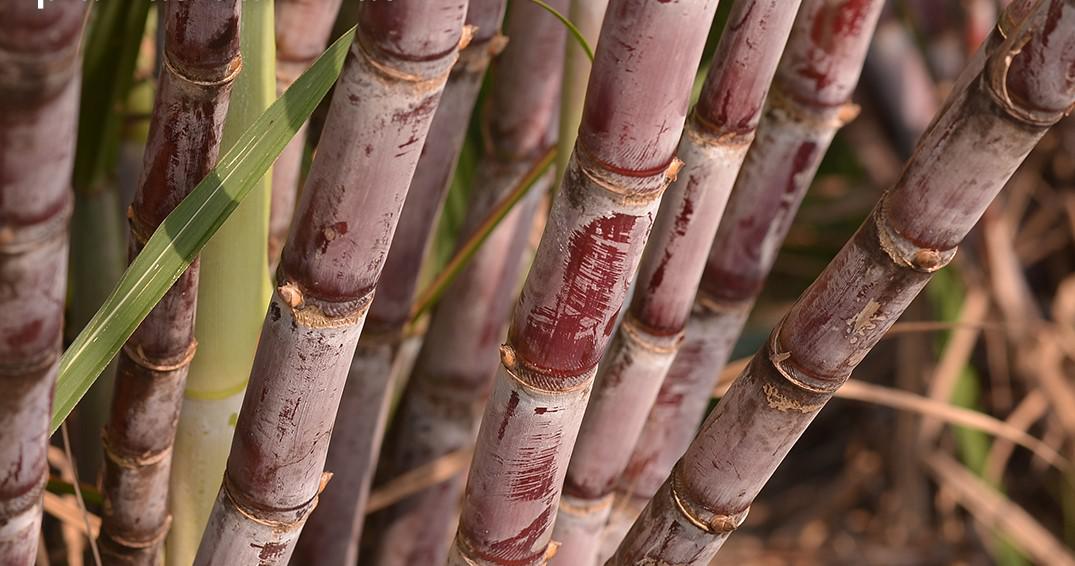Research identifies genes likely responsible for resistance to pests, cold and drought
3 min read
Research conducted at the State University of Campinas (Unicamp), identified “orphan genes” – exclusively for a particular group of organisms – In a kind of sugar canea spontaneous sacrumknown for its tolerance of biotic stresses, such as the attack of pests and diseases caused by insects, nematodes, fungi and bacteria, and abiotic stresses, such as tolerance of cold, water shortage, high salinity and soil nutritional deficiency.
Article, Published in Frontiers in Plant Science on June 30started from the assumption that some of these genes in this species could play an important role in coping with stress.
Every organism has genes very similar to those in the genomes of other organisms. Plants, for example, share similarities in the genes involved in photosynthesis.
On the other hand, an organism also contains genes which are not similar to those of other species.
This is the case of birds having some genes that have no level of similarity with any other level found in the mammalian genome.
Recent research has shown that even organisms of very closely related species (of the same genus) can have genes that are not shared.
cane
Sugarcane aroused the interest of the group due to some strange properties.
One is genome doubling events that occurred in the past that resulted in multiple copies of the same gene.
There is scientific evidence that orphan genes can arise from copies of a pre-existing gene. The transcriptome’s sequence has been modified over time as a result of mutations to the point that it is almost unlike the gene that originated it.
It is also possible that orphan genes, also called taxonomically restricted, originated from the rearrangement of regions of the genome that do not code for genes, a very common phenomenon in organisms with complex genomes, such as sugarcane.
“In the article, we identified genes in the sugarcane genome that are not similar to any genes found in other organisms. We believe they may be responsible for species-specific characteristics or physiological phenotypes.” Cláudio Benício Cardoso-Silva, who developed the project during his post-doctoral work at the Center for Molecular Biology and Genetic Engineering (CBMEG) at Unicamp, with support from Fapesp.
Cardoso Silva explains that “a relevant fact that has been verified is that some have increased or decreased expression levels in sugarcane plants in response to various types of abiotic stresses, especially cold.” “It could be an indication that they are being regulated as a result of these pressures,” adds the scientist, who guided his work Annette Pereira de Sousa, Professor in the Department of Plant Biology at the Institute of Biology at Unicamp.
With the results presented in the article, it is still not possible to say that the orphan genes identified make the plant more stress-tolerant. “But the fact that they are regulated under stressful conditions raises the alert for the possibility that they have an important role in these processes,” says the researcher.
next step
The next step will be to investigate how these genes behave in terms of expression in experiments with plants that have been exposed to different stresses and compare them with those unexposed to stress.
With the confirmation of the best candidate genes, the possibility of biotechnology application opens, with its introduction into plants of commercial interest. This would make it possible, in the future, to develop varieties of sugarcane that are more tolerant to different types of environmental stresses.
“We highlight this possibility for anyone who wants to retrieve data from the article and continue research, or who is working with genetic transformation or editing, which is another area of research, to select one or two genes as candidates and carry out validations,” says Cardoso Silva, who continues the work With genomics at Universidade Estadual do Norte Fluminense (UENF). “My current research focuses on an evolutionary context, the study of the expansion of gene families.”
Today we have CRISPR [técnica para a edição genética]The work allows those in biotechnology to select specific genes to withstand water shortages, high salinity, and excessive cold or heat while seeking greater resilience for cultivated plants, with fewer inputs, Souza comments.


“Entrepreneur. Music enthusiast. Lifelong communicator. General coffee aficionado. Internet scholar.”

:strip_icc()/s04.video.glbimg.com/x720/11792055.jpg)

:strip_icc()/s03.video.glbimg.com/x720/11786998.jpg)



